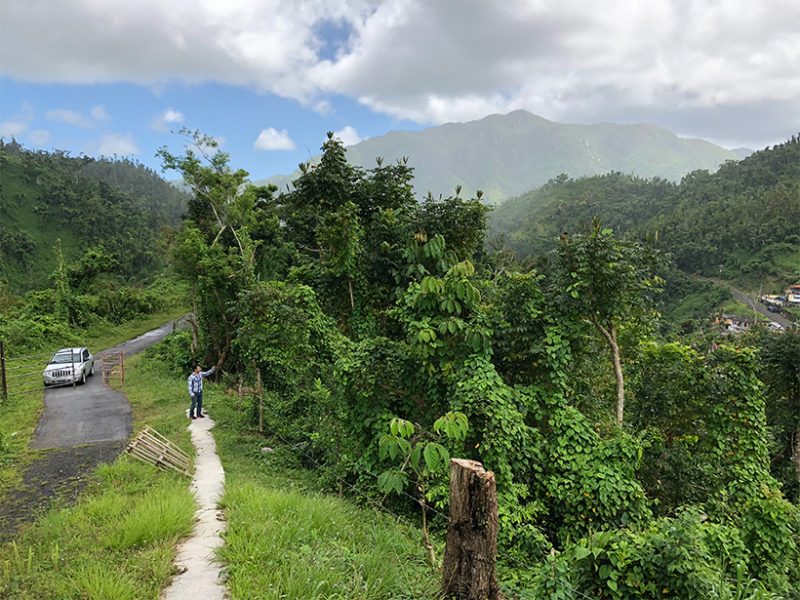
By
On 20 September 2017, Hurricane Maria made landfall in Puerto Rico as a category 4 hurricane. At the time, Maria was the fifth largest storm to hit the United States and the largest to hit Puerto Rico in over 80 years. Bisecting the island with sustained winds of 155 miles per hour (250 kilometers per hour), Maria left a trail of devastation in its path and would go on to claim nearly 3,000 lives. Heavy winds and flash flooding razed homes, businesses, and power lines, plunging Puerto Rico’s nearly 3.4 million people into darkness and underscoring concerns of how we address vulnerability and adaptation planning and highlighting opportunities for transformative change.
In the weeks that followed Maria, a water crisis ensued. Without electricity, water could not be treated or distributed to people’s homes; residents had no drinking water or water with which to bathe or flush a toilet. As a result, residents turned to potentially contaminated streams, rivers, and creeks, risking exposure to disease-causing bacteria like Leptospira. A month following the storm, several confirmed cases of leptospirosis, which may be fatal, were reported to the Centers for Disease Control and Prevention.
After Maria, widespread disruption of drinking water treatment and distribution systems, as well as a lack of information regarding water quality, posed a significant health risk in Puerto Rico. Thus, the hurricane demonstrated a need to strategically archive and disseminate data relevant to water quality and public health to both researchers and community members.
An interdisciplinary team of researchers sought to fill this need, with support from the National Science Foundation. The team included researchers at the University of Washington, Virginia Tech, University of Pennsylvania, Utah State University, Interamerican University of Puerto Rico, and the Consortium of Universities for the Advancement of Hydrologic Science, Inc. (CUAHSI). These researchers developed an open-source research software infrastructure to support scientific investigation and data-driven decision-making following natural disasters, with a pilot project focused on drinking water and Hurricane Maria data. The team maintains that the scientific community can do more to reduce the cost and human impact of destructive hurricanes.